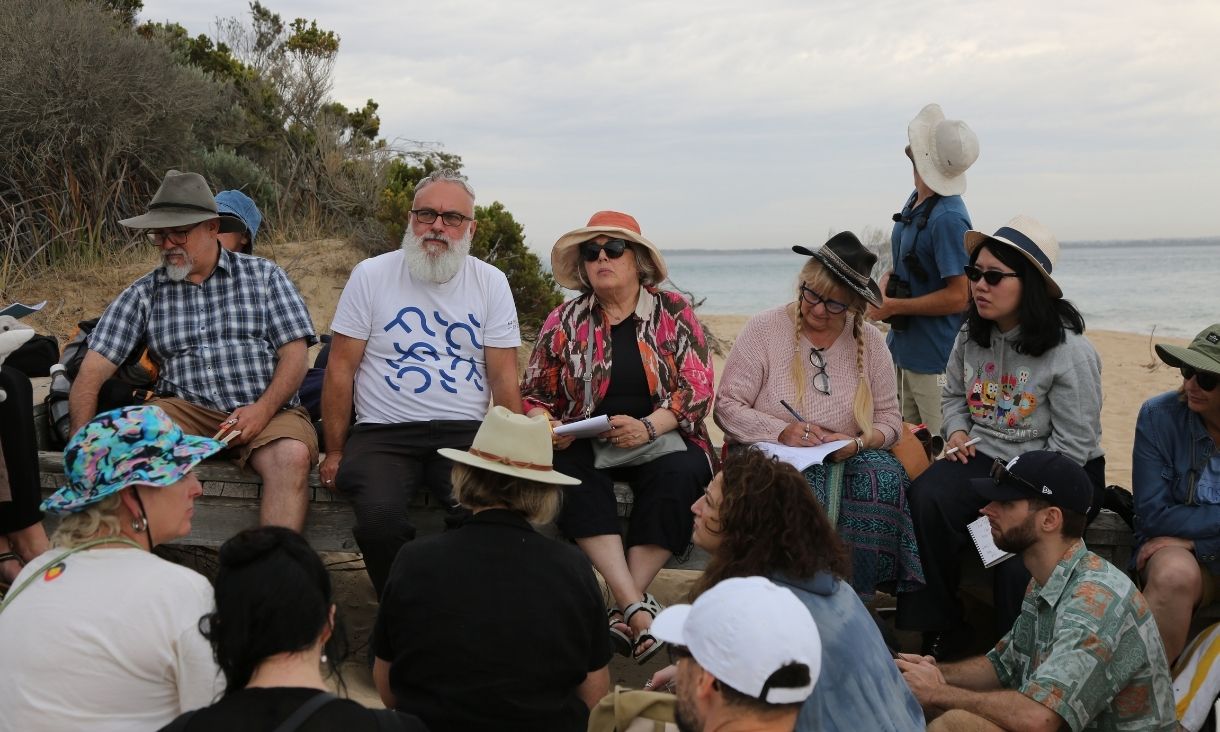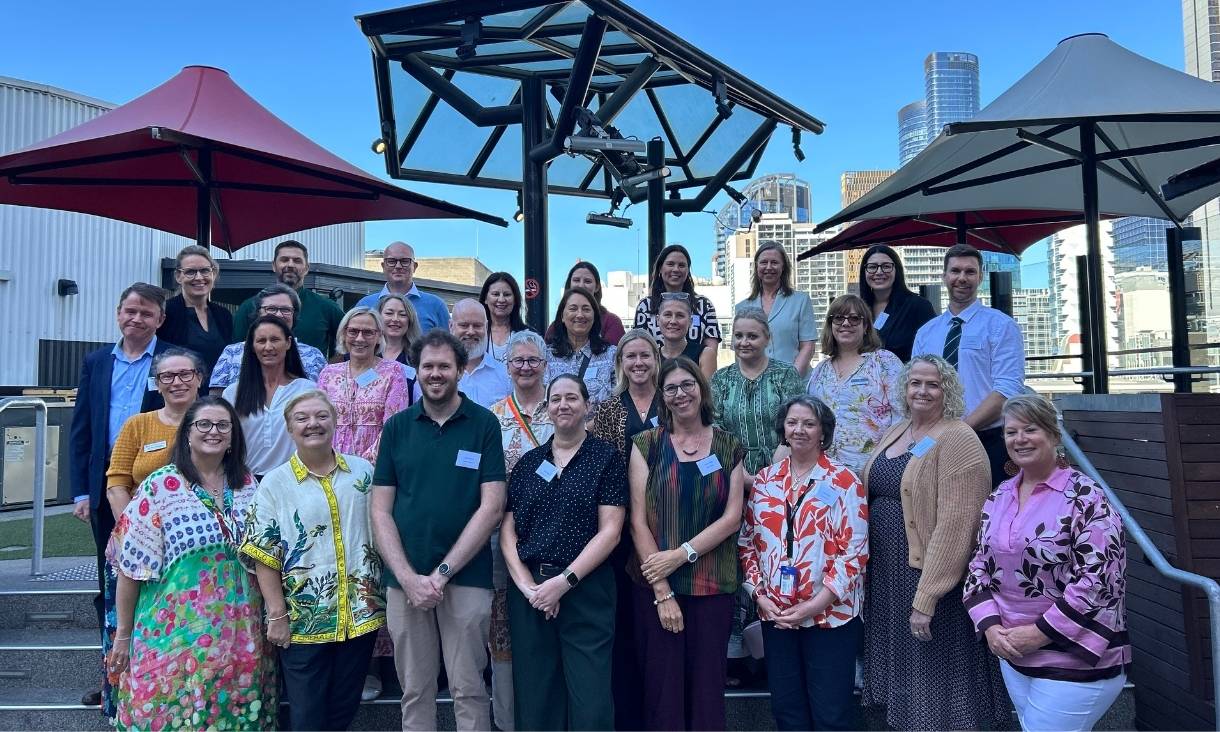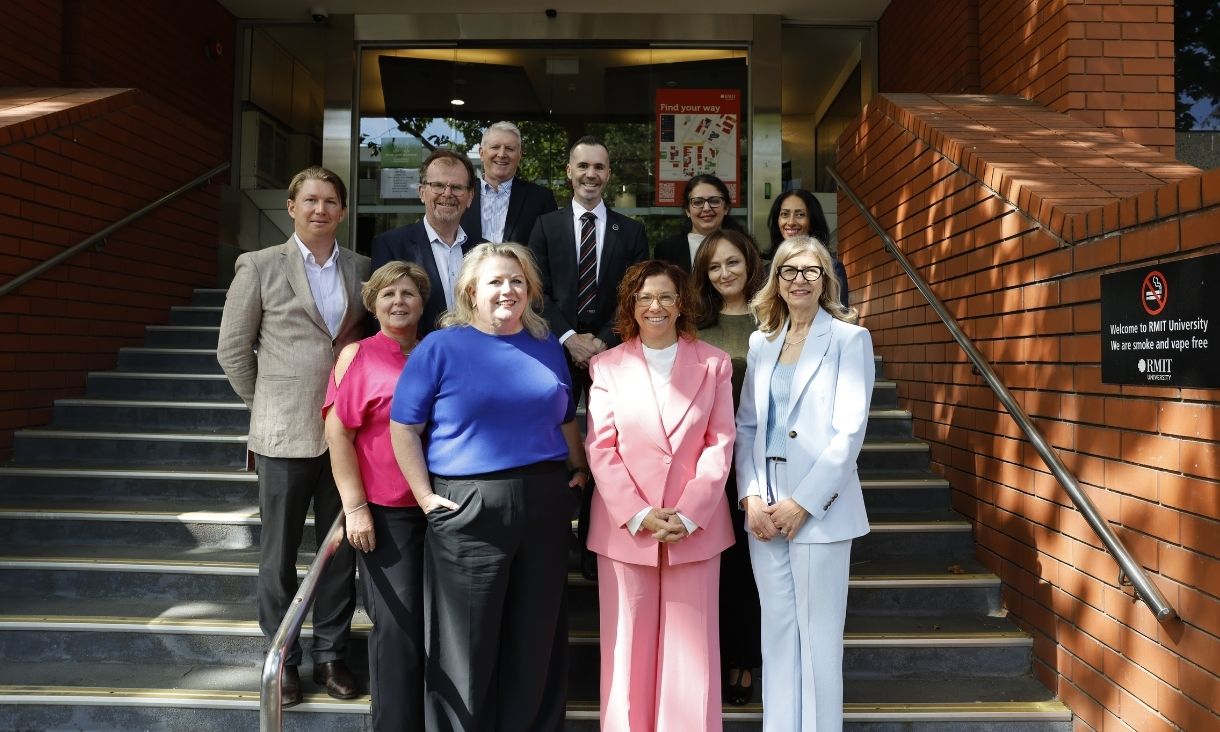Excerpt from The Conversation’s 50 years on, Dungeons & Dragons is still a gaming staple. What’s behind its monumental success? written by Professor Lisa Given and Dr Sarah Polkinghorne:
“Half a century on from its creation, Dungeons & Dragons (D&D) continues to attract millions of players across demographics.
“The tabletop role-playing game truly has cemented its position in an increasingly competitive market, valued at more than US$15 billion (A$23 billion) in 2022.
“How is a fantasy game from 1974 still capturing the imagination of so many people?
“D&D’s increased popularity, over the past decade in particular, has been driven by the success of the game’s current version (the fifth edition, released in 2014), the growth in online gaming culture, as well as increased social acceptance of what have historically been considered ‘nerdy’ or ‘geeky’ interests.
“The current D&D edition hits a sweet spot. It’s complex enough to sustain long-standing players, but approachable enough to draw in new people.
“But as D&D became mainstream, scrutiny followed. The subculture has its share of controversies, including an element of toxic fandom that expresses hostility towards the game’s evolution and diversifying fan base.
“As with any growing community, some fans have been concerned with gate-keeping. Some players experience bullying and exclusion, while others find themselves in awkward conversations around the table. This has been a recurring concern for women trying D&D for the first time.
“On balance, however, the vast majority of people play to have fun, express their creativity and engage with others. The flexible nature of the game means fans have found endless ways to turn their campaigns into something highly personal and treasured.
“In challenging times, tabletop games provide inexpensive entertainment, escapism and a way to stay connected to friends and family.
“One recent Australian study, of community members playing the game over an eight-week period, found playing D&D decreased players’ depression, stress and anxiety, and increased self-esteem. The authors suggest the game could be used as a wellbeing intervention tool or to prevent mental health issues from arising.
“Role-playing games in particular offer psychological support to people of all ages, helping to combat anxiety and build confidence.”
Professor Lisa Given is Director of the Social Change Enabling Impact Platform, Professor of Information Sciences, and an interdisciplinary researcher in human information behaviour. Her work brings a critical, social research lens to studies of technology use and user-focused design.
***
General media enquiries: RMIT External Affairs and Media, 0439 704 077 or news@rmit.edu.au







